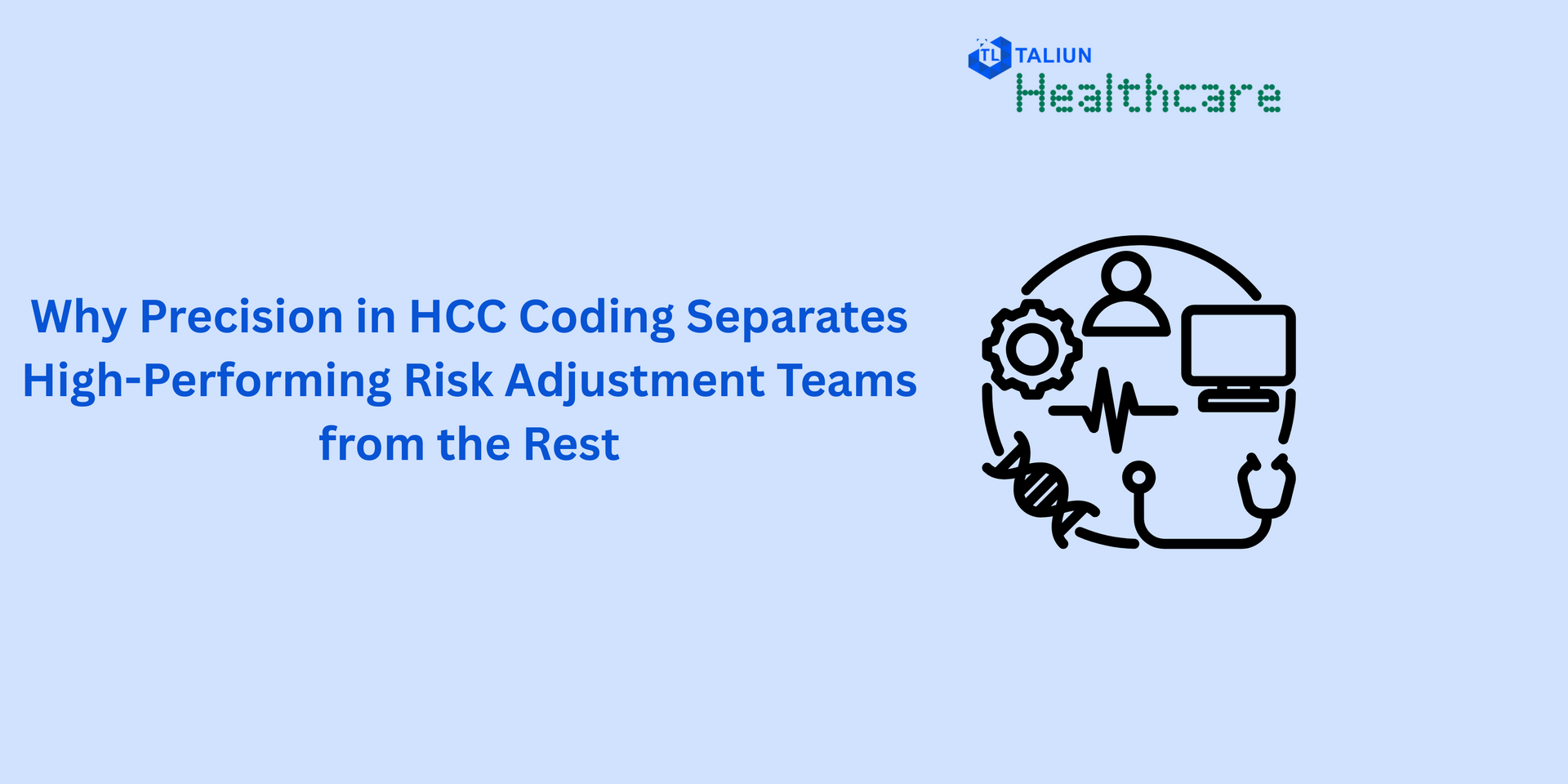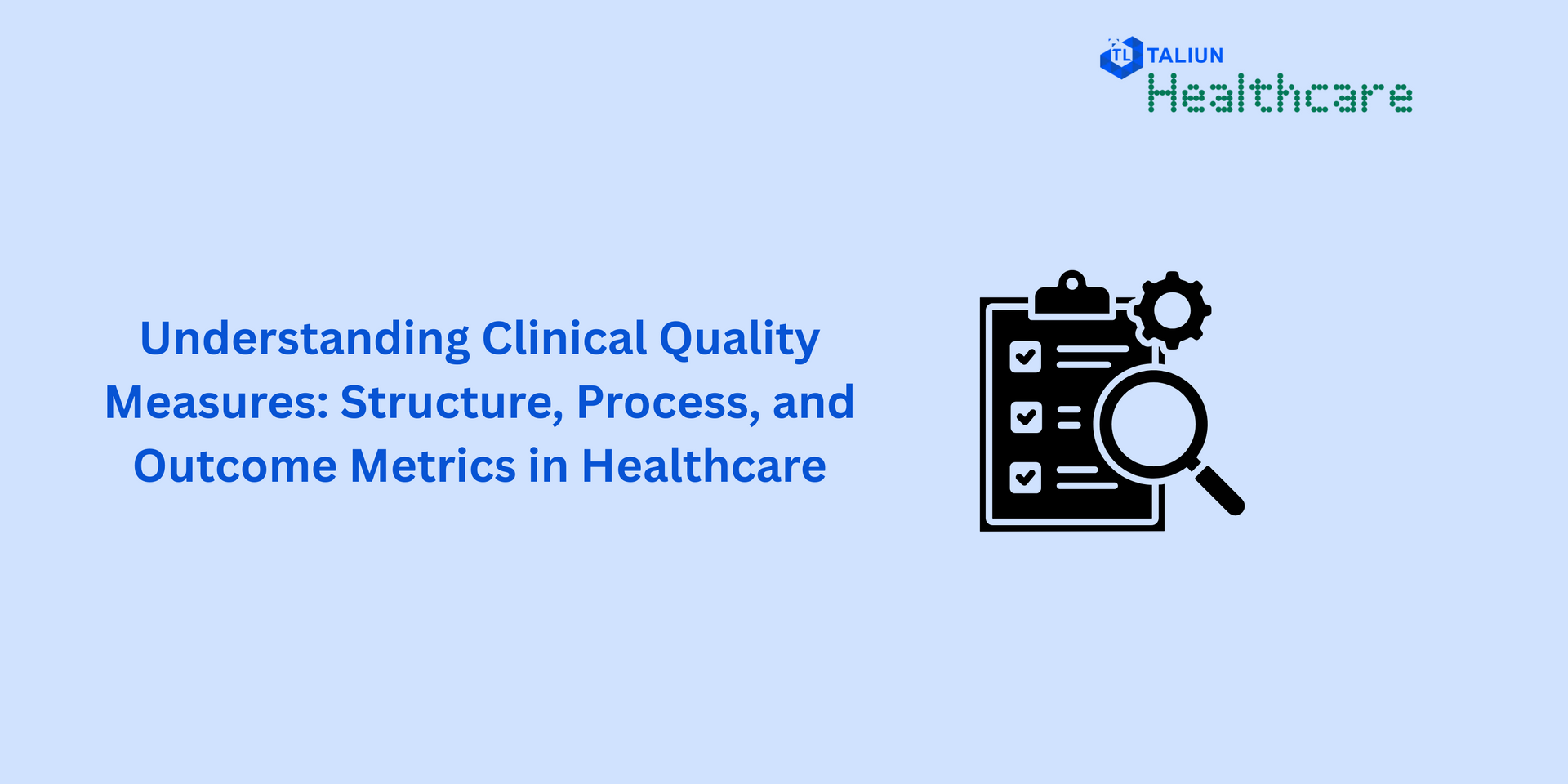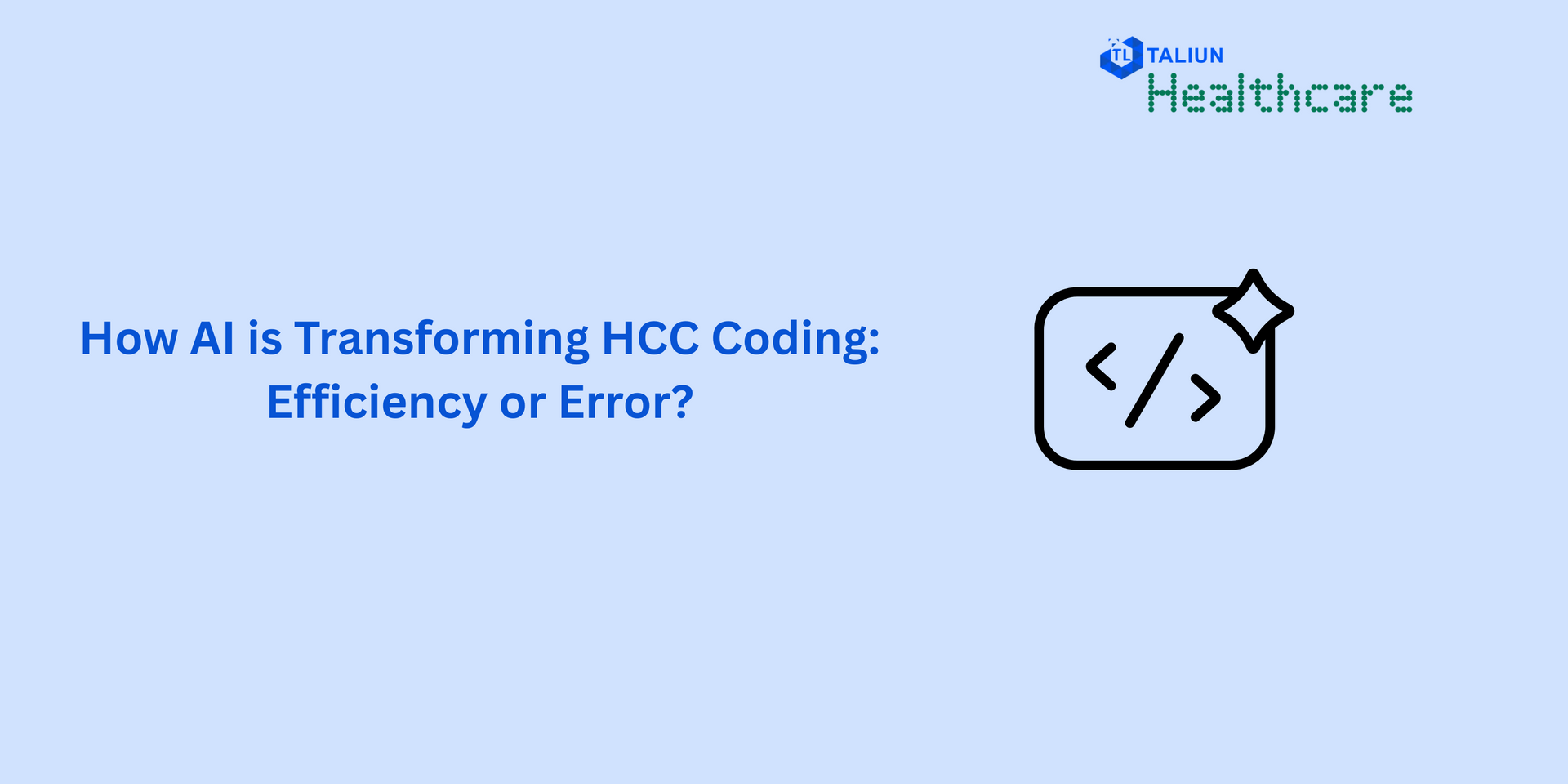Why Precision in HCC Coding Separates High-Performing Risk Adjustment Teams from the Rest

Imagine trying to steer a plane through dense fog with only vague coordinates. That’s what health plans and providers face without precise Hierarchical Condition Category (HCC) coding. In an industry increasingly reliant on risk-adjusted payments, diagnostic specificity is the navigation system that ensures accurate compensation, compliance, and patient risk stratification. Mastering HCC coding isn't just about documentation; it's about data-driven foresight, financial integrity, and clinical accountability.
Why Is HCC Coding Important for Modern Healthcare Operations?
HCC coding directly influences how payers and providers are reimbursed for managing patients with chronic and complex conditions. Without accurate capture of disease burden, organizations risk being undercompensated or audited by CMS. But beyond compliance, HCC coding plays a critical role in care optimization. Risk-adjusted models inform everything from resource allocation to value-based contracting. Miss an HCC code, and you could be missing an opportunity to proactively manage a patient's care trajectory.
For example, a diabetic patient with documented nephropathy and retinopathy carries a significantly different risk profile, and requires different interventions, than one with diabetes alone. HCC coding, when used accurately, surfaces those distinctions for clinical and actuarial decision-making.
What Is HCC Coding Used For in Advanced Risk Models?
Beyond simple reimbursement mechanics, CMS HCC coding is foundational to:
- Medicare Advantage risk scoring
- Population health analytics
- Predictive modeling for hospital admissions
- Stratifying patient panels for chronic care management
- Benchmarking quality in value-based arrangements
Organizations that excel in HCC coding often use it to fuel predictive AI models, improving early identification of high-cost, high-risk patients. These data-driven workflows are only as strong as the underlying HCC coding fidelity.
Moving Beyond the Guidelines: Strategic Application of HCC Coding
While the CMS HCC coding guidelines offer a strong foundation, top performers go beyond the basics. They apply advanced coding audits to validate capture rates, train clinicians on MEAT criteria interpretation nuances, and create collaborative loops between CDI specialists and data teams.
A powerful example: Using machine-learning audits to flag records with documented heart failure but no coded HCC for cardiomyopathy. These gaps aren’t errors, they’re opportunities to recapture legitimate risk that was overlooked.
HCC Coding Examples That Reveal Financial and Clinical Blind Spots
Consider a 74-year-old male with Type 2 diabetes, chronic kidney disease Stage 3, and a history of amputation. A surface-level coder might only submit E11.9. An advanced risk adjustment team ensures all appropriate codes - E11.22, N18.3, and Z89.512 - are captured. The impact? A more accurate RAF score, more realistic cost forecasting, and targeted intervention planning.
Another common pitfall: coding major depressive disorder as a mild depressive episode (F32.9). This seemingly minor misclassification can downgrade the patient’s HCC and impact clinical prioritization in a mental health initiative.
The Future of CMS HCC Coding: AI, Audits, and Accountability
As CMS updates its risk adjustment model (e.g., v28), many organizations will face RAF score recalibrations. The future of CMS HCC coding hinges on:
- Seamless EHR integration and NLP-assisted code capture
- Increased scrutiny through retrospective and prospective audits
- Stricter alignment with encounter data
- Real-time feedback loops between coders and clinicians
Teams that fail to modernize risk capture infrastructure risk financial shortfalls and regulatory exposure. HCC is no longer a billing task; it's a strategic discipline.
How Taliun Helps Organizations Win at HCC
At Taliun, we specialize in transforming HCC coding from a compliance burden into a strategic advantage. Our platform-driven audits, MEAT compliance engines, and clinical documentation training modules help organizations boost RAF scores while staying audit-ready. Whether you're building an advanced alternative payment model strategy or recalibrating your population health approach, our expertise in HCC coding turns risk into revenue with clinical integrity.
Because when it comes to risk adjustment, precision isn't optional; it's your competitive edge.




